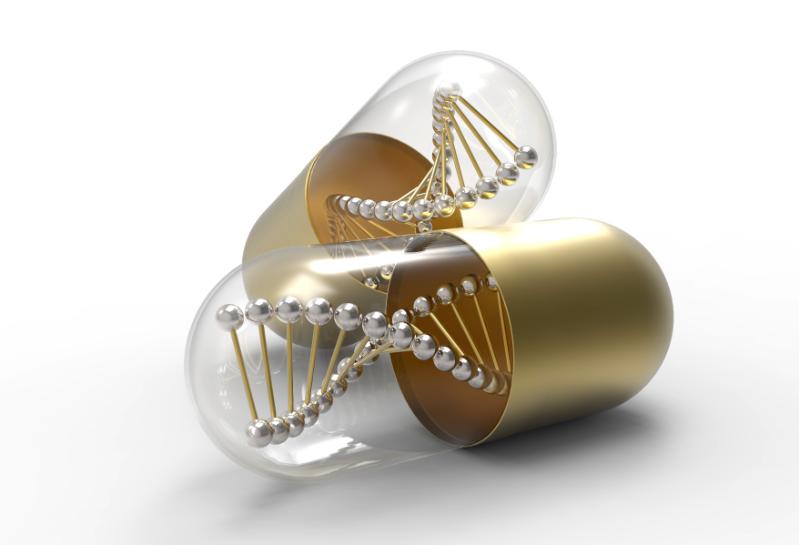Multiomics for rare disease diagnosis
Katie Kerr joined our team as a PhD student (2017-2020) researching 'multiomics' as a new approach to improve the diagnosis and treatment of rare diseases.
Katie is working within our collaborative, multidisciplinary team, which includes input from clinical, academic, and industrial colleagues, as well as patients, carers, and rare disease support groups.

Getting an accurate diagnosis is a real challenge for rare diseases.
Patients can wait several years to receive an accurate diagnosis, which impedes upon the quality of support and treatment they receive. In fact most patients face at least one wrong diagnosis before finally obtaining the correct one. As most rare diseases have a genetic cause, advances in genomic research over the past decade has greatly improved our ability to provide a diagnosis compared to traditional diagnostic methods. For example UK based The 100,000 Genomes Project (100KGP) has used a technique called whole genome sequencing to provide a diagnosis to rare disease patients; by looking at the sequence of a rare disease patients entire genetic material and comparing this to unaffected participants in order to identify changes which may be responsible for causing the rare disease (click here to find out more about the 100KGP).

However looking solely at an individuals genetic sequence isn't enough to give everybody a diagnosis, with diagnostic rates from whole genome sequencing sitting at about 30-50%!
There is a novel approach that may provide more answers...but needs more research...
That's where my research comes in. Where whole genome sequencing by the 100KGP has been unable to provide a definitive molecular explanation for a patients rare disease, I am integrating additional multi-omic analysis. Specifically I am looking at integrating the genetic information with transcriptomic data (changes in how a gene is expressed) and epigenomic data (non-sequence level DNA modifications such as the chemical methylation), to increase diagnostic yield for individuals living with a rare disease. By going beyond genomics, we are able to get a better idea of the wider molecular picture in an individual with a rare disease, and therefore increase our chances of providing a patient with a diagnosis.
It's a holistic approach to personal medicine! This ultimate goal of this PhD project is to lead to the development of a pipe-line which can be implemented when a patient presents with a suspected undiagnosed rare disease in Northern Ireland.
This project is supervised by Dr AJ McKnight, Dr Helen McAneney & Dr Cheryl Flanaghan.
For more information please contact us

